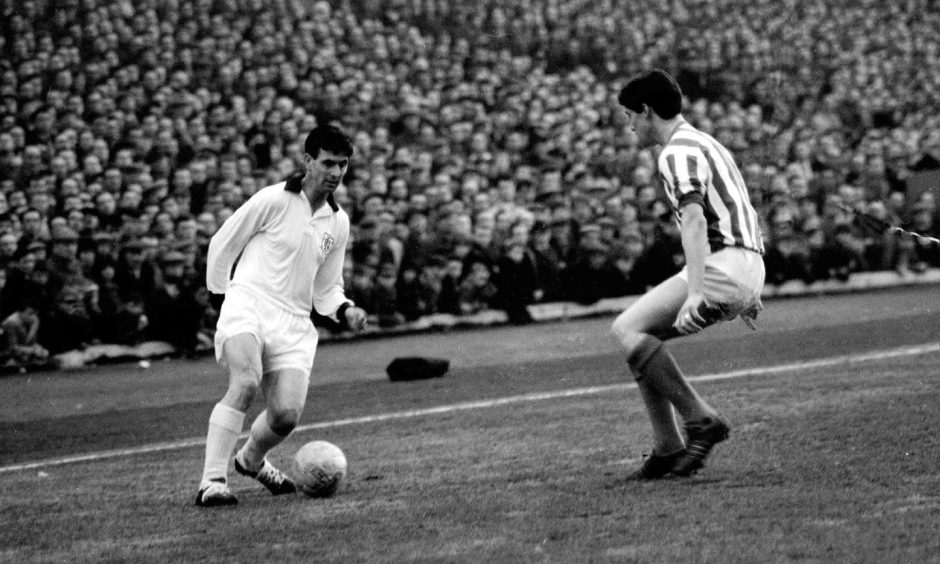
Gordon Smith was a lover of fast cars who turned up for his first day at Dens Park in a Porsche.
Smith provided glamour when he signed for Dundee FC in the summer of 1961.
The Evening Telegraph described him as “the greatest soccer pin up north of the
border since the war” and his arrival was something akin to royalty.
He was an idol for a generation of post-war football fans.
The Montrose man had turned out for Dundee North End juniors.
Hibernian signed him in April 1941 after he scored a hat-trick for a junior select against a Hibs-Hearts combined XI to open Lochee Harp’s Beechwood Park.
He was known as Scotland’s Stanley Matthews and was part of the Famous Five forward line that helped steer Hibs to three league titles in the 1940s and 1950s.
He also won 19 Scotland caps, including two as captain, and scored four goals.
Smith was the movie star footballer
Smith would holiday in Cannes and had a taste for jazz.
He became a close friend of Sidney Bechet and had dinner with Brigitte Bardot.
The man with the movie star looks even appeared as an extra in Alfred Hitchcock’s movie To Catch a Thief in 1954 when he was in Cannes for an 18-day break.
A recurring ankle injury led to Hibs deciding to release him on a free transfer in 1959 after 18 years of success at Easter Road.
He made the journey across the city to join Hearts and his first game was a reserve match where an incredible 10,000 fans came out to watch.
He was to enjoy immediate success and won the league with Hearts in 1960.
His friend and ex-Easter Road team-mate Sammy Kean was a key factor in him signing for Dundee after he was pensioned off by Hearts after struggling for fitness.
The signing of Smith at the age of 37 had not been universally acclaimed by the fans.
Edinburgh-based Smith trained at home for most of the week and combined football with business, running a post office and a pub called the Right Wing.
Manager Bob Shankly thought he could still do a job at the highest level and provide the ammunition for the prolific Alan Gilzean.
He was right.
Dundee team-mate Bobby Seith said Smith was the final piece of the jigsaw when Shankly was assembling the side that would win the league.
Smith predicted Dundee FC would win title
“He was a very confident person,” said Seith.
“Not a bighead but he had absolute confidence in his own abilities and absolute confidence in the Dundee team.
“The first time he played with us was on a pre-season tour of Iceland and at the end of it he pulled me aside and said this team could win the championship.
“When Gordon said something like that, he wasn’t being light-hearted about it.”
Smith was in the twilight of his career but he played an pivotal role in Dundee’s league championship success in 1962 and their subsequent European Cup run.
The club had won the Scottish Cup in 1910 and League Cups in 1951 and 1952, but this was by far the pinnacle of their achievements.
Their European campaign began with an 8-5 aggregate win against Cologne.
Legendary commentator Kenneth Wolstenholme told BBC listeners that he rated the Dark Blues as one of the best sides he had ever seen.
Smith ran the show in a 4-1 win against Sporting Lisbon at Dens Park in the next round in front of 32,000 fans to go through 4-2 on aggregate.
Presidential praise after Portuguese win
He had a hand in three of the four goals.
His performance was singled out by Sporting Lisbon president Joel Pascoal.
“Dundee will win the cup,” he said.
“Nothing else can happen as long as they have Smith.
“I told Hilário, my powerful left-back, who once got the better of the great Garrincha, to cover Smith.
“But Hilário failed, as all the others soon will against this football veteran.”
Dundee defeated Anderlecht 4-1 in the quarter-final first leg at the Heysel Stadium in March 1963 where Smith capped his display with the fourth goal.
He scored a glorious winner in the return leg at Dens Park.
Dundee crashed out 5-2 on aggregate in the semi-final against AC Milan, who went on to win the European Cup with a 2-1 victory over Benfica at Wembley.
Dundee’s grand old man made the game look easy.
For although no longer the dashing winger of old, his footballing intelligence, quick feet and delivery of the ball had been a key factor in the team’s success.
But he struggled to command a regular place in Shankly’s team the following season.
Money held no attraction for wing king Smith
He left in February 1964 aged 39 after handing in a transfer request.
“I have no quarrel with the club,” he said.
“It is just that I feel there is now no future for me at Dens Park, though the club themselves sincerely state that there is.
“But it has been like taking money under false pretences.”
That really was the mark of the man.
He moved to Irish side Drumcondra before retiring at the end of that season after playing just a few games for his new club.
Smith played his final game at the Powderhall Stadium in Edinburgh in April 1964 and scored four goals in a match between the All Stars XI and the Showbiz XI.
Smith was the only player to win Scottish league medals with three different clubs.
He scored more than 400 goals in his career.
Smith lived out his retirement in North Berwick.
He lived in a house looking out over the golf course.
Smith loved cricket and golf as well as pottering in his garden with his beloved cats and was a devoted father who doted on his three grandchildren.
He died aged 80 on August 7 2004 and Scottish football mourned his passing.
Gordon Smith bestrode a golden age
One tribute stood out.
DC Thomson journalist and lifelong Dundee fan Jim Crumley said Smith transcended the game’s tribal mentality and touched people by his example.
“In football, as in life, most of us have a tendency to believe that the golden age ended the day before yesterday,” he said.
“It didn’t, of course.
“It ended the day Gordon Smith retired.
“Ageless, timeless, peerless, immortal Gordon Smith has died; it shouldn’t be allowed, but it happened and the golden age is over for sure.
“He played in the first professional football match I ever saw, Dundee versus Hibs at Dens, a 2-2 draw.
“The year was 1955, the year they made him captain of Scotland at the age of 31.
“He was fixed in my mind that first afternoon at Dens as the best player in the world who did not play for Dundee.
“It was a shrewd judgment for a seven-year-old and one I never found any reason to revise, except that he came to play for Dundee in 1961, and the golden age settled on my own doorstep, and my young life was never sweeter.”
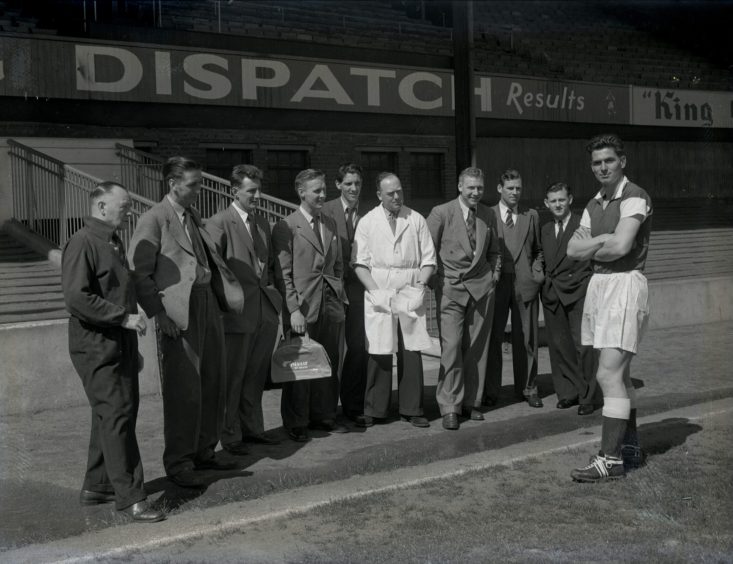
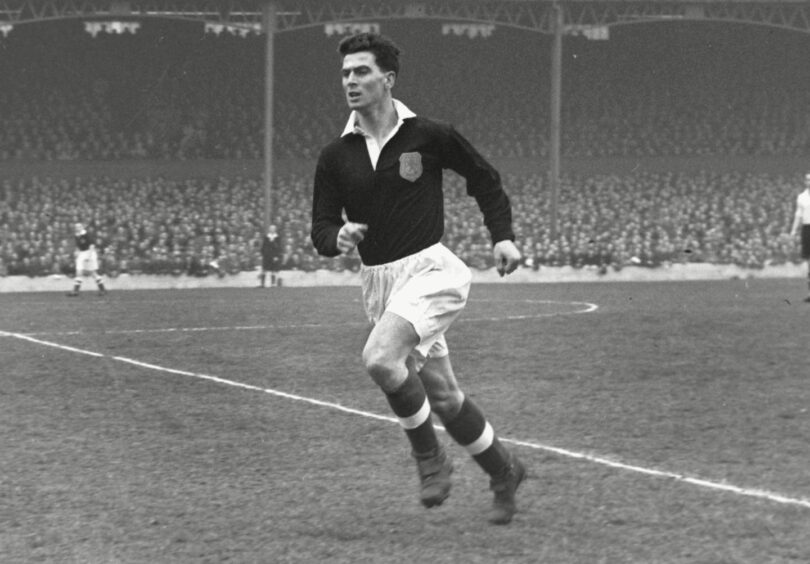
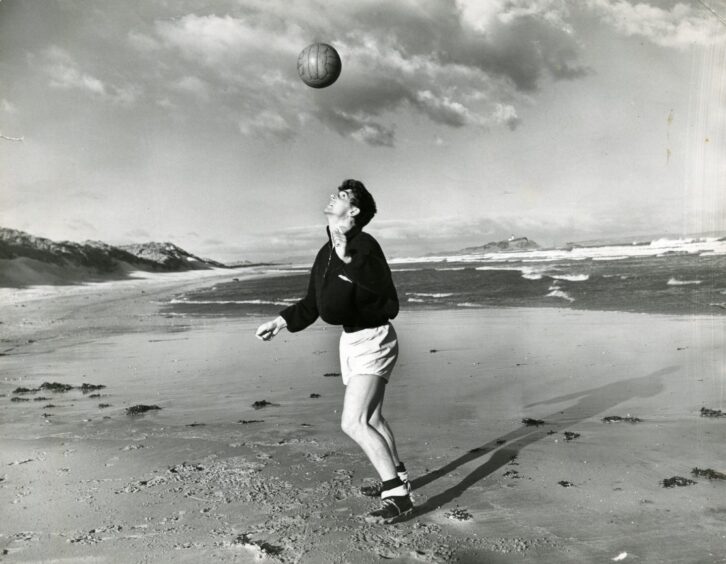
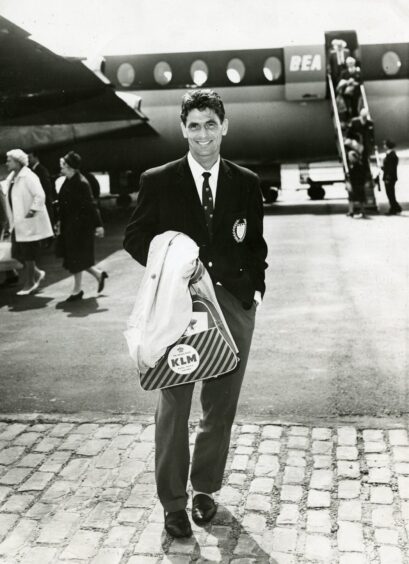
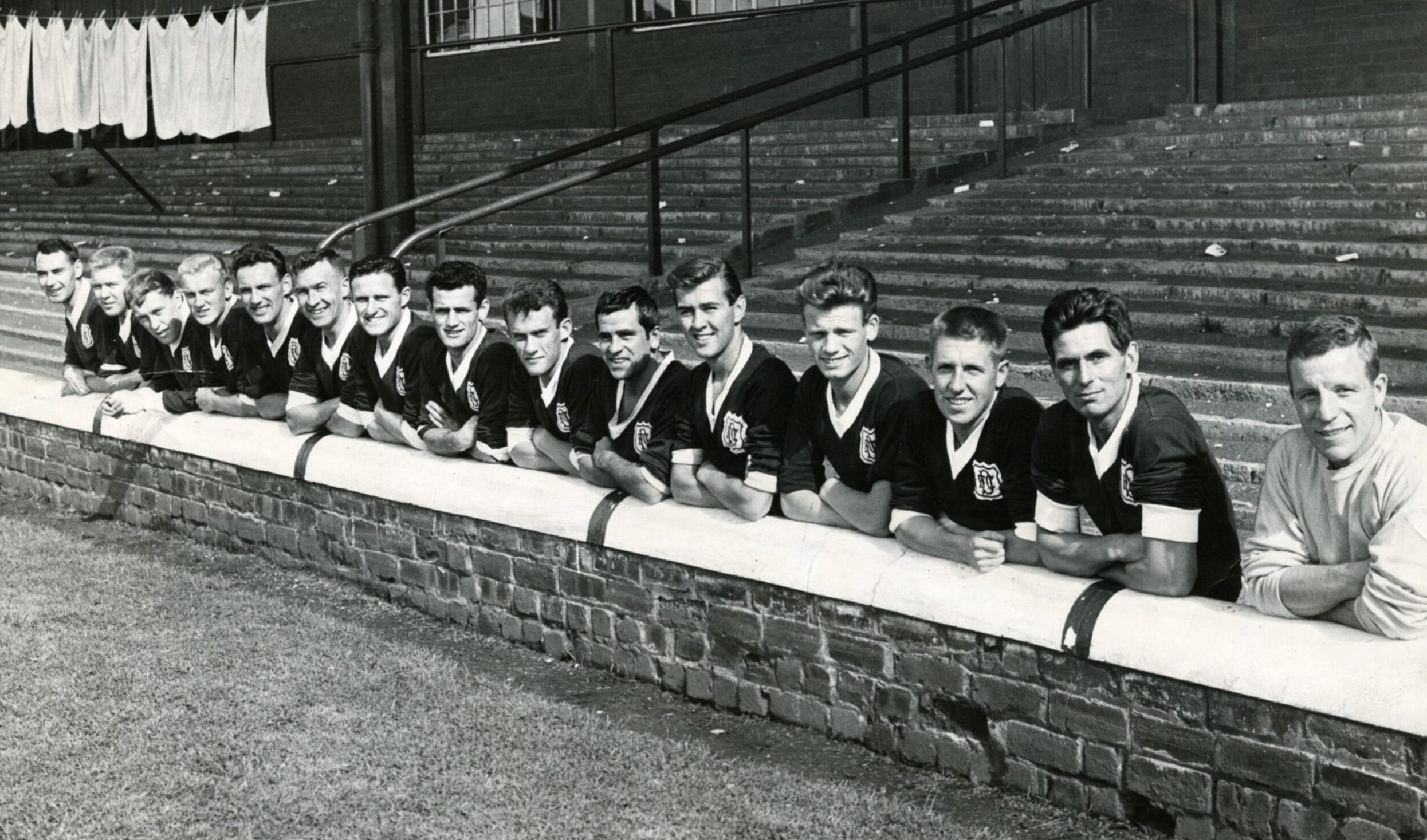
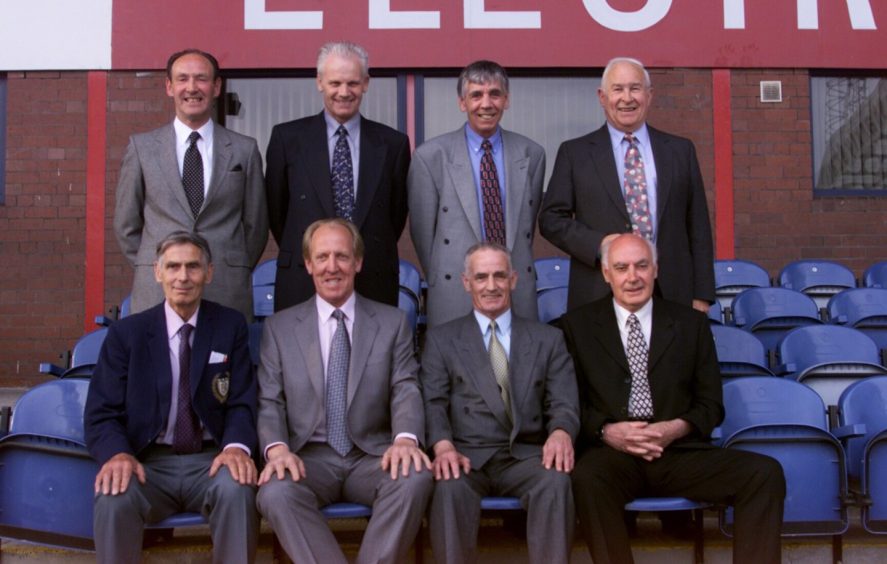
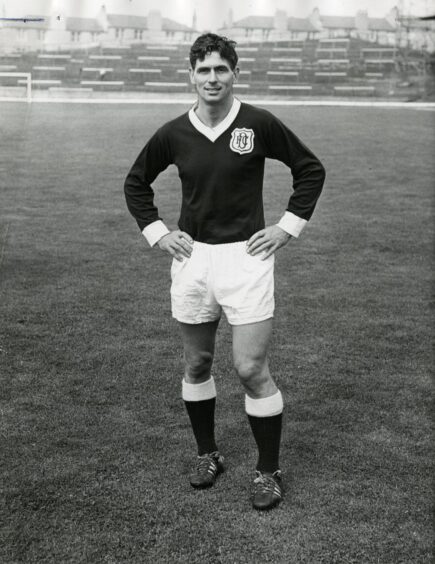



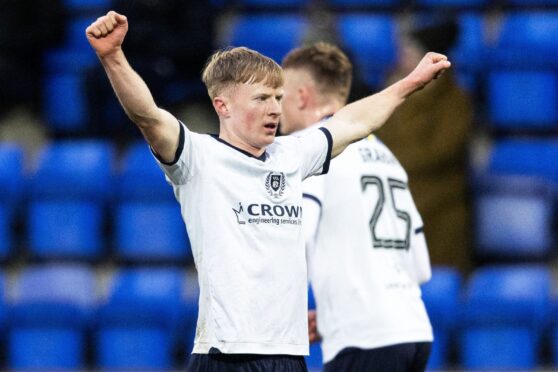

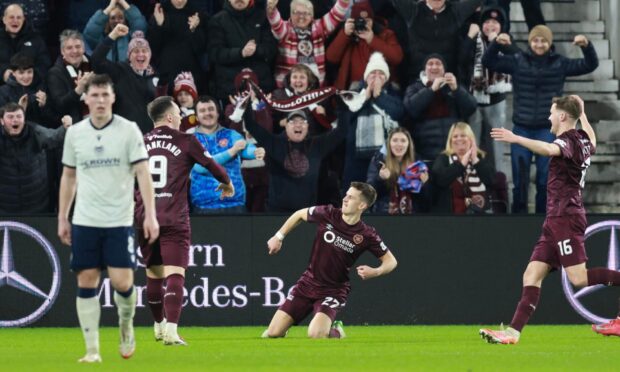

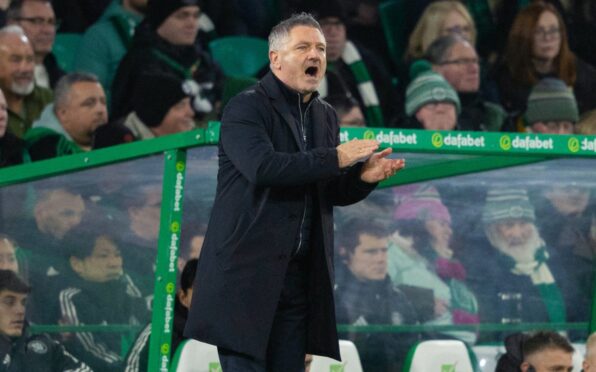
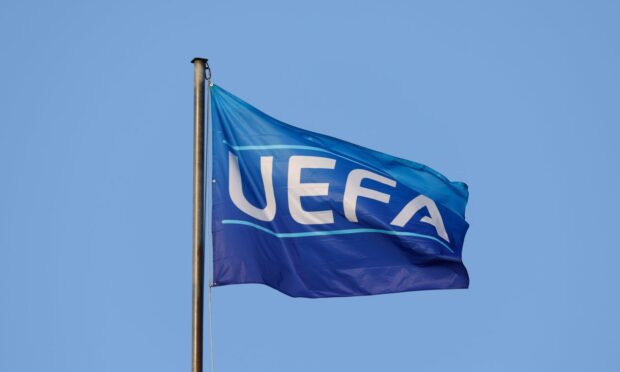
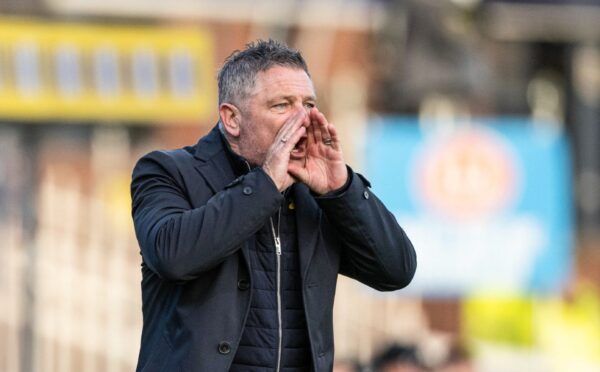
Conversation